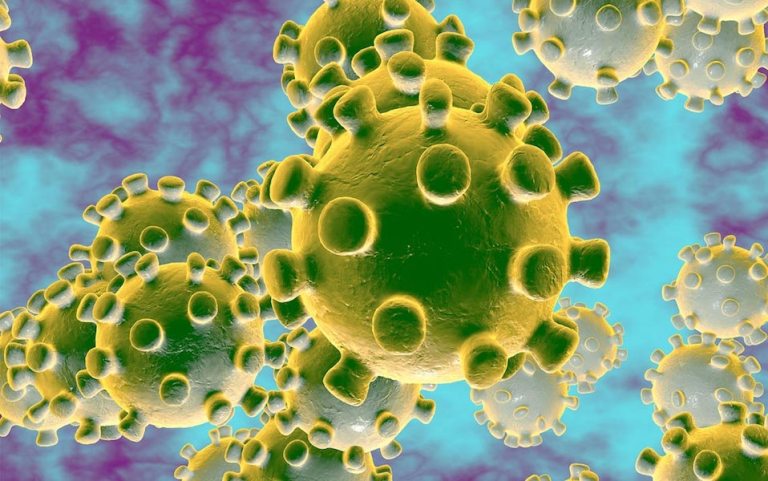Coronavirus is now the word that is sending chill down the spine of many all over the world. As the virus, gradually moving like an ‘angel of death’, makes its way into different countries.
Since the virus broke out in December last year, it has infected hundreds of people across China. Cases have also been reported in the United States, Thailand, Japan, South Korea and Taiwan.
The name coronavirus is derived from Latin word, corona and Greek word korṓnē translating crown or halo.
This is so because of his appearance under examination by scientists.
How is the virus transmitted?
The new coronavirus can be transmitted between humans, according to Chinese health authorities.
It is also adapting and mutating, which makes the virus spread faster and possibly more difficult to treat.
It is not yet clear how infectious the virus is. Although many other coronaviruses are transmitted by coughing and sneezing, there are no indications so far that the virus is transmitted via the respiratory tract.
The first infections were detected in the Chinese city of Wuhan and traced back to a wild animal and fish market, which has now been shut down. The virus might have been transmitted through direct contact between humans and animals, or simply via the air like many germs.
Viruses that can spread between humans and animals cause so-called zoonotic diseases. Such viruses may be transmitted when humans consume meat or animal products — or if such products were insufficiently heated or prepared in an unsanitary environment.
What are the symptoms?
Patients who have contracted the virus have had fever, shortness of breath and coughing. The virus can also cause pneumonia, an infection that inflames the air sacs in the lungs and can cause them to fill with fluid or pus. Elderly citizens tend to be more often affected by the virus than younger people.
What do we know about the virus?
Experts recently decoded the coronavirus’ gene sequence, which is also known as 2019-nCoV. Coronaviruses were first discovered in the 1960s and their name derives from their crown or halo-like shape. Viruses of this kind are not per se lethal. Sometimes, they also lead to gastrointestinal disorders and diarrhoea, in particular.
But coronaviruses, which are RNA viruses, are also extremely adaptable and genetically diverse. This means they can easily spread between and infect different species. While some coronaviruses can cause the common cold, others can develop into more serious illnesses that lead to difficulty breathing, pneumonia and even death.
In 2002 and 2003, for example, the aggressive SARS-CoV coronavirus led to an epidemic in 30 countries. Over the world, more than 8,000 people became infected with the virus, about 1,000 died. And in 2012, the Middle East Respiratory Syndrome Coronavirus (MERS-CoV) was discovered on the Arabian Peninsula.
Which can be done to stop the outbreak?
Airports around the world — and particularly in China — have introduced fever checks for passengers travelling from China.
Should the outbreak be declared an international public health emergency, that could mean restrictions for international travel, tighter border checks, and setting up special treatment centres as well as quarantine areas.
As always, it is advisable to practice good hygiene and caution, for example by avoiding close contact with individuals suffering from acute respiratory infections, or with wild animals or livestock, dead or alive.
It is recommended to regularly wash one’s hands, especially after being in direct contact with an ill person. Currently, neither the WHO nor Germany’s Foreign Ministry has issued a travel warning for the Chinese city of Wuhan.
Health experts do not expect this new coronavirus to spread globally. Virologist Jonas Schmidt-Chanasit of Hamburg’s Bernhard Nocht Institute for Tropical Medicine, said no special precautions need to be taken in Germany. In his opinion, the “current threat is very low.” But he said it is key that “the WHO, Robert Koch Institute [the German government’s central biomedicine research centre] and European Center for Disease Prevention and Control permanently monitor the situation.”
How has it been impacting the economy?
Concerns over the virus have sent Asian stock markets tumbling. The memory of the economic damage caused by the SARS epidemic between 2002 and 2003 is still fresh, with people concerned about the impact on the tourism and travel industries as well as limitations to consumer spending.



